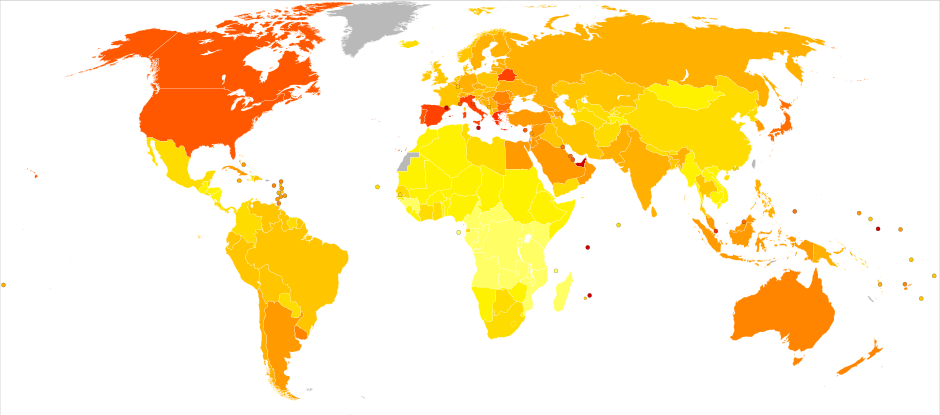
Auto-antibodies are a sign that the body’s immune system has begun attacking its own insulin-producing beta cells. This attack will result in type 1 diabetes. As of now, scientists can only monitor these adverse effects and not stop it.
But now a large international study part of the TEDDY initiative on children indicate a promising new method of diabetes prevention.
TEDDY Diabetes Study

The TEDDY initiative (The Environmental Determinants of Diabetes in the Young) consists of research looking for the causes of type 1 diabetes mellitus (T1DM). T1DM used to be called childhood diabetes or insulin-dependent diabetes.
In this particular TEDDY research study, the researchers compared children with an equally high genetic risk of developing type 1 diabetes. Some children received probiotics and some received a placebo.
The study results indicate that probiotic during the child’s first 27 days more than half the risk that they will develop autoantibodies in the blood. With the strongest protective effects seen among the youngest children.
The researchers continually measure the number of autoantibodies in the blood, and the more antibodies, the greater the risk for type 1 diabetes. A child who has an autoantibody has a 15 percent risk of developing diabetes before the age of 15. Two or three autoantibodies implies a 50 percent risk.
Bacteria in the Gastrointestinal Tract Matter
Science has as of yet identified several genes linked to type 1 diabetes, but environmental factors are the ultimate triggers. One such environmental factor seems to be gastrointestinal bacteria. And this hypothesis would seem to strengthen in this study. Since probiotics induce favorable conditions for intestinal flora.
That probiotic seem to have a protective effect is further strengthened by data collected on 7,473 children aged between four and ten. The researchers were checking for the development of autoantibodies to beta cells and the intake of probiotics or not.
They then noticed that only in the youngest age group, before 27 days of age, probiotics had a protective effect and only among the children with the highest genetic risk for type 1 diabetes.
But when there was a protective effect, it was strong. Within this group consisting of 542 children, there was a 60 percent reduced risk of developing auto-antibodies.
The immune system and the bacterial intestinal flora interacts within us all and the intestines are rapidly colonized by a variety of bacteria among the newly born.
The study has been published in the scientific journal JAMA Pediatrics
_____________
Association of Early Exposure of Probiotics and Islet Autoimmunity in the TEDDY Study
__________________________






















